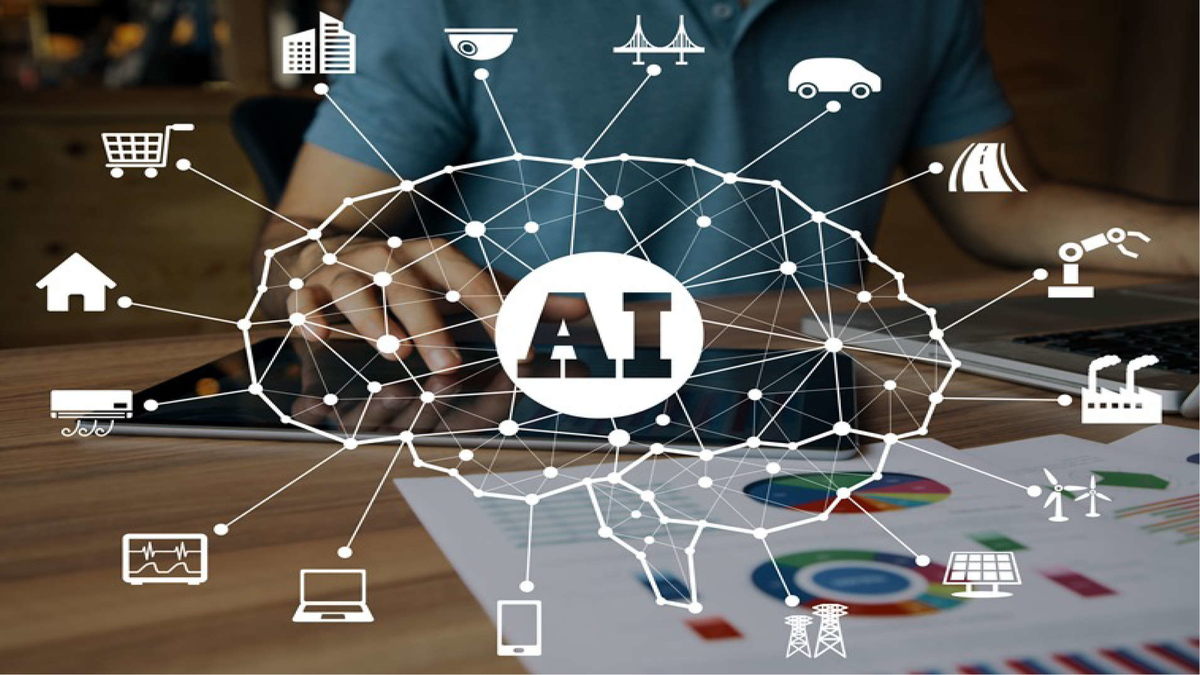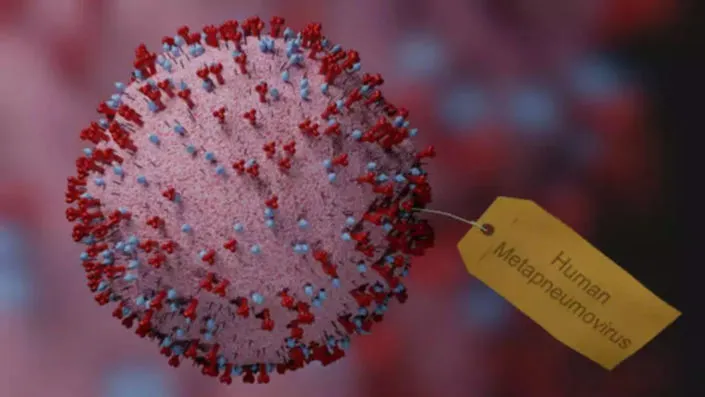Artificial Intelligence is one of the top five disruptive technologies that are bound to change the world we live in and work in. Economies run on buying and selling cycles and the circulation of money creates wealth. Marketing is the art of creating demand across domains, segments, and demographies with a global impact potential in trillions of dollars, where digital marketing takes the centre stage as it is primarily technology-driven.
Over the past 50 years, progressions and advances in the digital space like speech technology, automated attendants, virtual assistants, and websites have opened a chasm between companies and customer engagement while also multiplying consumer touchpoints. But AI has the true potential to close that gap.
By helping marketers collect data, pick out new customer segments, and create a more unified marketing and analytics system, AI has the power to scale customer personalisation and precision in ways that didn’t exist before. Connecting customer data from sources like websites and social media enables companies to craft marketing messages that are more relevant to consumers’ current needs. Not only this, AI can deliver an ad experience that is more personalised for each user, shapes the customer journey, influences purchasing decisions, and builds brand loyalty.
We’ve entered the age of deep learning, and with human guidance, AI is finally reaching its true potential. To define in simpler terms, AI has undoubtedly become the current hot topic everywhere. Globally over 92% of marketing agencies are investing more time, resources, and budget into marketing automation integration.
It is a fact now that both our personal and professional lives have started experiencing the potential of AI, thanks to technologies like Alexa and Siri along with other advanced analytics tools that are based on machine learning. Isn’t that enough to give us a glimpse of the exciting future that AI promises to marketers?
As per Statista 2020 report, the global AI software market is expected to grow approximately 154% year-over-year.
The AI revolution in marketing is the highest it’s been within the last year. Being thankful for the advanced data analytics tools, that have become both affordable and accessible to many marketers? Although still noisy, the availability of rich and extensive datasets are further empowering a growing number of marketers and encouraging them to adopt data-driven approaches to their marketing decision making process. In a 2019 Deloitte survey of 2,737 US executives from companies considered to be early AI adopters, 90% reported AI is “very” or “critically” important to their business today.
With the 2020 pandemic, winds of development have been blowing in the AI direction. The combination of AI technology with marketing strategies will help them create new levels of consumer interactions that are not only simpler to conduct but also more instantaneous. However, this means that consumer expectations will be higher as well, posing both new challenges and opportunities for brands.
As far as opportunity is concerned, marketers can now fully realise both personalisation and relevance. For instance, digital ad platforms can already achieve better levels of communication than before, thanks to search platforms, YouTube, and other social media sites. When this is combined with “customisation” made possible by AI, marketers will be able to tailor-make campaigns to suit the consumer intent in the moment. As per Google’s statistics 2020, viewers are 4x more likely to use YouTube versus other platforms to find information about a brand, product or service.
Machine learning has been used in marketing since the late 2000s, but deep learning didn’t come around until the 2010s. Deep learning is a type of machine learning where layers of data are connected to solve problems, using an artificially intelligent algorithm that is able to recognise patterns in data and make sense of them.
Chatbots fueled by AI were handling more than 85% of customer service until 2020. Today, the numbers have certainly increased considerably.
Campaigns and customer interactions will eventually become more relevant end-to-end. Marketers can take into account all data they have in their arsenal, including their purchase history and contextual relevance, and optimise them on the go in real-time.
This, however, signifies that they will have to work with thousands of planners at the same time. And also, this can prove to be a huge challenge for many.
The first and most obvious step is for companies to use an AI platform to better understand their customer journey and increase personalisation.
It’s a brave new world out there. We’ve been waiting for the day when AI marketing tools, big data, and machine learning would become part of our everyday lives. That day is here and it’s taking over marketing as we know it. This creates the space for a key question, as AI technology enhances and evolves —are brands and companies ready to reshape their marketing strategies, especially when the potential to gain is in millions of dollars.






















